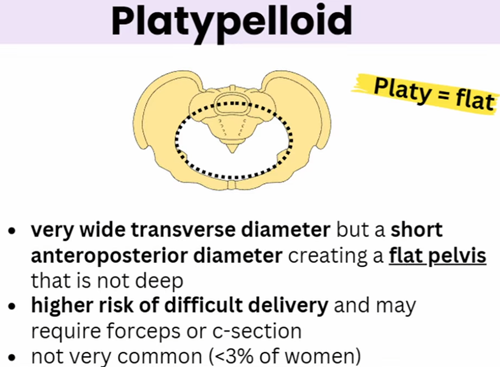Exercise ‘not beneficial’ for osteoarthritis treatment, suggests review

Patients with osteoarthritis may derive “little to no benefit” from exercise therapy, calling into question its use as first line treatment, according to a new review of the evidence. The post Exercise ‘not beneficial’ for osteoarthritis treatment, suggests review appeared first on Nursing Times.
NICE backs early use of flozins in ‘landmark moment for diabetes care’
Patients with type 2 diabetes should be offered SGLT-2 inhibitors, known as ‘flozins’, much earlier in their treatment, according to updated guidelines. The post NICE backs early use of flozins in ‘landmark moment for diabetes care’ appeared first on Nursing Times.
Midwives under extreme workforce pressure NMC survey shows
Data from the Nursing and Midwifery Council’s (NMC) first ever survey of registered professionals showed that midwives have been among the hardest hit by workforce pressures, and by toxic workplace culture. The post Midwives under extreme workforce pressure NMC survey shows appeared first on Nursing Times.
Nursing Tip of the Day! – Critical Care Nursing

Category: Critical Care Nursing In pericarditis, pericardiocentesis is performed for therapeutic purposes in the case of tamponade and for diagnostic purposes if tuberculosis, bacterial infection or malignancy is suspected.
Female Pelvic Types: Gynecoid, Android, Anthropoid, Platypelloid

If you’re preparing for your maternity exams, understanding the different female pelvic types is essential. Not only does this knowledge help you answer test questions, but it also gives you insight into labor and delivery. After you’re done reviewing this material, don’t forget you can access our free quiz at the end to test your […]
NCLEX 2025 Pass Rates Fall as Remote Testing Plans Advance

NCLEX RN 2025 pass rates have declined for the first time since the launch of the Next Generation NCLEX, according to preliminary data from the National Council of State Boards…
‘Hip pain impinges on one’s quality of life, not just mobility’
When Jenny Temple needed a total hip replacement herself, she got a new perspective on what really matters to patients. The post ‘Hip pain impinges on one’s quality of life, not just mobility’ appeared first on Nursing Times.
Imagine yourself to wellness: harnessing the power of imagination

A 10-week online guided imagery programme co-designed with people living with vasculitis explored how imagination-based relaxation techniques can support wellbeing, reduce isolation and complement clinical care. The post Imagine yourself to wellness: harnessing the power of imagination appeared first on Nursing Times.
How Volunteering Can Lead to a Career in Nursing

For many Nurses, the decision to pursue nursing did not begin in a classroom. It often began with a volunteer badge, a willingness to help, and early exposure to patient care environments. Volunteering offers future Nurses an opportunity to understand healthcare delivery firsthand, develop professional relationships, and build experiences that strengthen nursing school and job […]
Nurses Have an Ethical Obligation to Demand Accountability for ICE Violence

The views expressed in this post are those of the authors, and do not represent the views of their employers or affiliated institutions, or of AJN and Wolters Kluwer. On January 24, 2026, Customs and Border Patrol (CBP) agents in Minneapolis shot and killed Alex Jeffrey Pretti, a 37-year-old nurse who worked in the intensive […]
